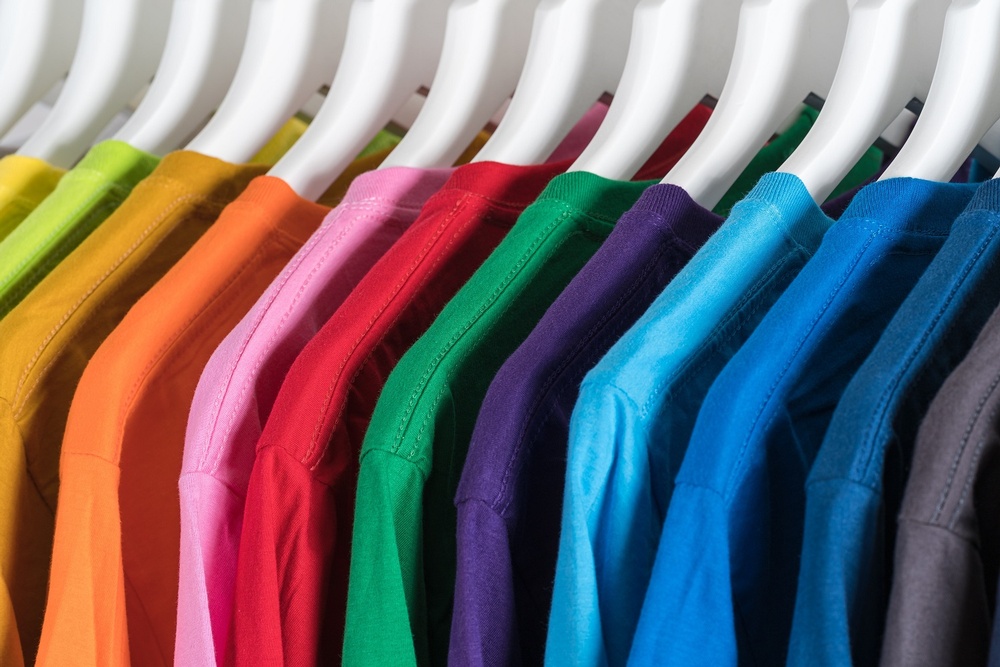Should you Private Brand or Private Label?

What is the difference between a Private Brand and a Private Label?
A private brand is an idea generated and put into motion by the company wishing to distribute the product exclusively under their name. They may or may not be responsible for the development, however own the exclusivity of product as they have generated the idea. This is the case with products that are patented.
A perfect example of a PRIVATE BRAND would be a product like the IPhone. This product has been exclusively developed by and for APPLE alone and is not distributed under other brands. Private Branding development has pros and cons. The pro is that the brand owns the development, the con is the cost of development.
A private label is when a brand distributes their product to re-sellers under the re-seller’s name.
A perfect example of PRIVATE LABEL BRANDS is often seen in the food industry. A company produces a product like chips. They have a set assortment of options available and wholesale their chips to resellers who label it with their own brand. Often the provider of the product, in this example, the CHIP manufacturer, will allow minor changes or options to the reseller to provide them with some exclusivity in their product. Like Private Branding, Private label does have pros and cons. The pro is that there is often none to limited development costs[1]. The con is that the product itself is not exclusive to the brand. As in this example, chips as a food on their own are not exclusive to one existing brand on the market.
When would you choose a PRIVATE BRAND or a PRIVATE LABEL?
You would choose to develop a private brand product when the idea of the product is entirely novel, or you wish to completely niche a concept. A private brand, specifically in textiles, would also be preferred if you are developing a signature fit, process or other type of development that you wish to market. Let’s use T-Shirt dress as an example. You would choose to develop a private brand if you want to create your own fit, function and structure of a T-Shirt dress.
A Private label brand would be preferred if you were choosing to bring an existing product to market yet with your name. The legwork and developments have already been created, by the initial brand, so costs are primarily in the product itself with little in development. Changes that are often available with private label textile products are fabric selections, colours, minor functional, detail or measurement changes, packaging etc. Back to the T-Shirt dress example, Private Label would allow you to print or embroider your own graphics, add your own labelling and packaging to an existing T-Shirt dress.
To learn more about these options, contact us by booking a meet and greet with Martina
[1] The costs incurred with Private label are most often due to modifications to the product to suit the brand’s needs.